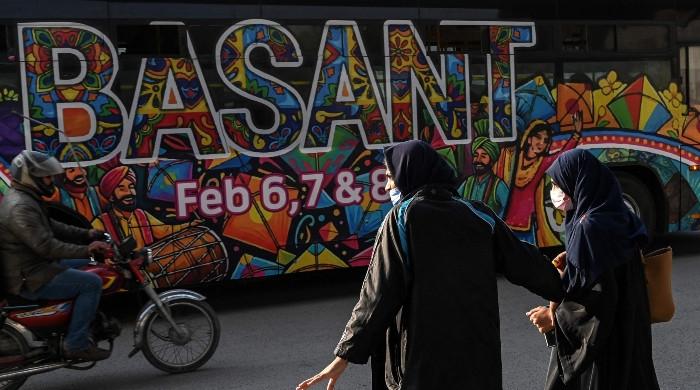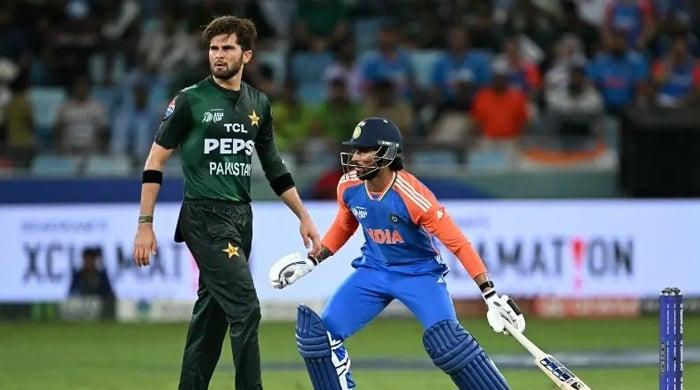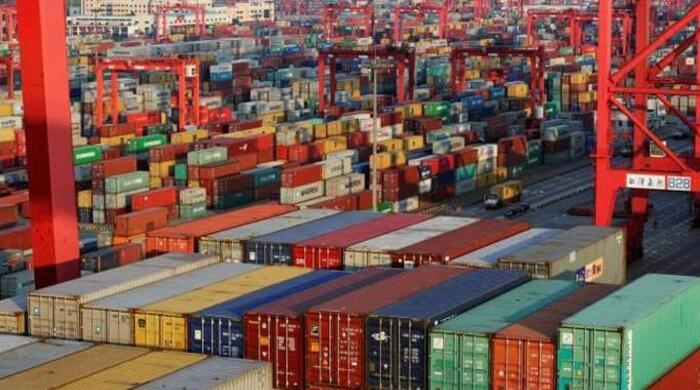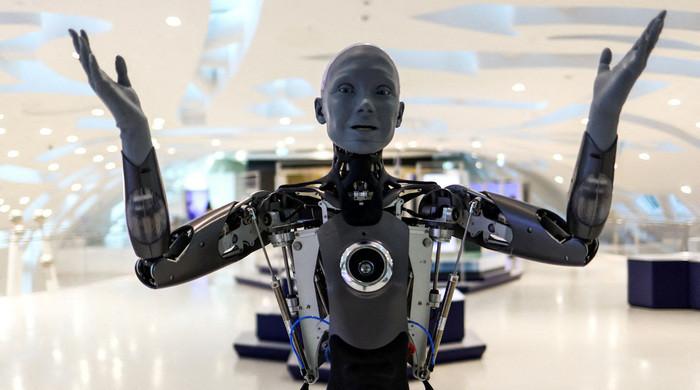Four takeaways from Punjab by-polls
For PML-N and PPP, these by-election results offer a humbling realisation of the power of social media in today’s politics
July 21, 2022
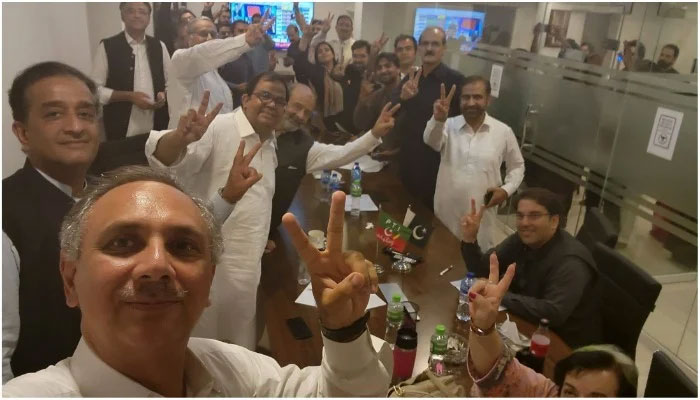
The by-election results in Punjab this past Sunday have left the PML-N reeling and rudderless. In stunning contrast to the predictions of most independent analysts, the recently deposed PTI delivered a resounding defeat to a party that has always considered Punjab to be its bastion.
Despite its representatives’ ostensibly smug media appearances, it was evident that the leading party in the ruling coalition was genuinely worried about its chances.
Imran Khan was successfully enthralling charged crowds in every district, with his conspiracy-laden speeches garnering greater adherents with each passing day. Bereft of a clear and visible campaign slogan, the PML-N appeared clueless in its response.
The generally safe assumption in by-elections that voters usually stamp their ballots in favour of the incumbent to gain short-term benefits was rendered useless in the face of Imran’s juggernaut.
What caused this staggering reversal of fortunes for both parties? Four major factors stand out.
First, the sky-rocketing cost of basic food items coupled with massive hikes in energy and fuel prices crushed the already-burdened people. While this is part of a global phenomenon, primarily on account of the Ukraine war and supply shortages in the wake of the post-pandemic recovery, these realities proved to be of scant concern to the average voter.
Throughout the PTI’s bumbling tenure, the PML-N had projected itself as a party of competent and experienced personnel that excelled in service delivery.
An electorate that was teetering under PTI’s gross economic mismanagement, subsequently received the double blow of increased power cuts and record inflation levels under the PML-N. The latter’s dithering decision-making process after assuming power converted an already fragile situation into a full-blown crisis.
The optics of party heavyweights jetting to London to seek supremo Nawaz Sharif’s counsel reflected poorly on its ability to manage the economy and provided further ammunition to an increasingly confident PTI. Even the pre-election cut in fuel prices and the promise to provide free electricity to virtually half the population of Punjab failed to provide a fillip to its electoral prospects.
Second, the internal wrangling and bickering over selection of candidates dented the sentiment within the PML-N’s vote bank. Loyalists were side-lined in favour of PTI turncoats, resulting in the reluctance of party workers to campaign for such fair-weather opportunists.
Even the resignations of a handful of federal and provincial ministers to assist the election campaign failed to undo the damage, as traditional PML-N voters appeared averse to voting for the defectors.
The third point dovetails with the aforementioned: what exactly was the PML-N’s campaign message? Its slogan of ‘vote ko izzat do’, which reverberated across the plains on the ouster of Nawaz Sharif, had been jettisoned in the run-up to the no-confidence motion in favour of the politics of expediency.
Gone was the anti-establishment narrative and the refrain to only depend on people’s power to regain its erstwhile position. Unable to defend its tough and hardship-inducing economic policies, and with no evident short-term successes to speak of, the party was reduced to leaning on allegations of corruption during the PTI’s rule and a few leaked audio clips, none of which had any effect on the Teflon-like Imran and his ever-faithful support base.
Lastly, and most importantly, the PTI chairman’s populist and divisive rhetoric resonated with the people. Indefatigably and relentlessly, Imran infused his followers with a daily dose of campaign-trail speeches and social media content heavy on the insistence that his removal was orchestrated at the behest of the US, with the local ‘collaborators’ labelled as ‘traitors’ and ‘thieves’.
Forget the fact that the National Security Committee – headed by Imran himself at the time – found no evidence of conspiracy in the mysterious cipher. Forget also, for a moment, that Imran claims he knew about the opposition’s plan to bring a vote of no-confidence against him since last year.
Or the fact that in the first few days after it was tabled in parliament, he claimed to welcome it, relishing the prospect of putting an end to the opposition’s politics once and for all by defeating the motion.
Strangely, he hung on to this alarming piece of information until the very last moment – when he was hit by the realization that his chances of survival were all but over. The people though lapped it up with staggering willingness.
It is difficult to imagine that even Imran believed this ‘conspiracy’ narrative would attain such traction and pay off with the electorate. But for a country where anti-US sentiment and belief in conspiracy theories run high, and the vast majority prefers warped, bite-sized information via WhatsApp forwarded messages, memes and TikTok videos over logic and facts, the narrative triumphed unlike any other strategy.
All the incompetence and lack of performance over the past three and a half years was forgotten, as the king of crowd-pullers weaved his magic, exhorting them to regain national honour and attain ‘true’ independence from foreign masters by voting against the local conspirators.
For the PML-N and PPP, these by-election results offer a humbling realization of the power of social media in today’s politics.
More than anything, they amply demonstrate that in a country where over 65% of the population is under the age of 30, and has been raised on a steady diet of vitriol against the old-timers, stubbornly sticking with boomer-era election-winning tactics and clan-based candidates will not work.
The youth demand fresh faces to represent them. They are angry, suffering under the burden of illiteracy, unemployment and lacking basic necessities in life. And they are growing with each passing day.
It would be foolish and eventually, politically suicidal, for the likes of Sharifs and Zardaris to keep spurring their animosity by clutching onto party and power levers. There are plenty of capable men and women in their ranks. It’s time to ring in the changes.
The writer works as a development practitioner for a local consultancy. He tweets @ShahrukhNR
Originally published in The News







